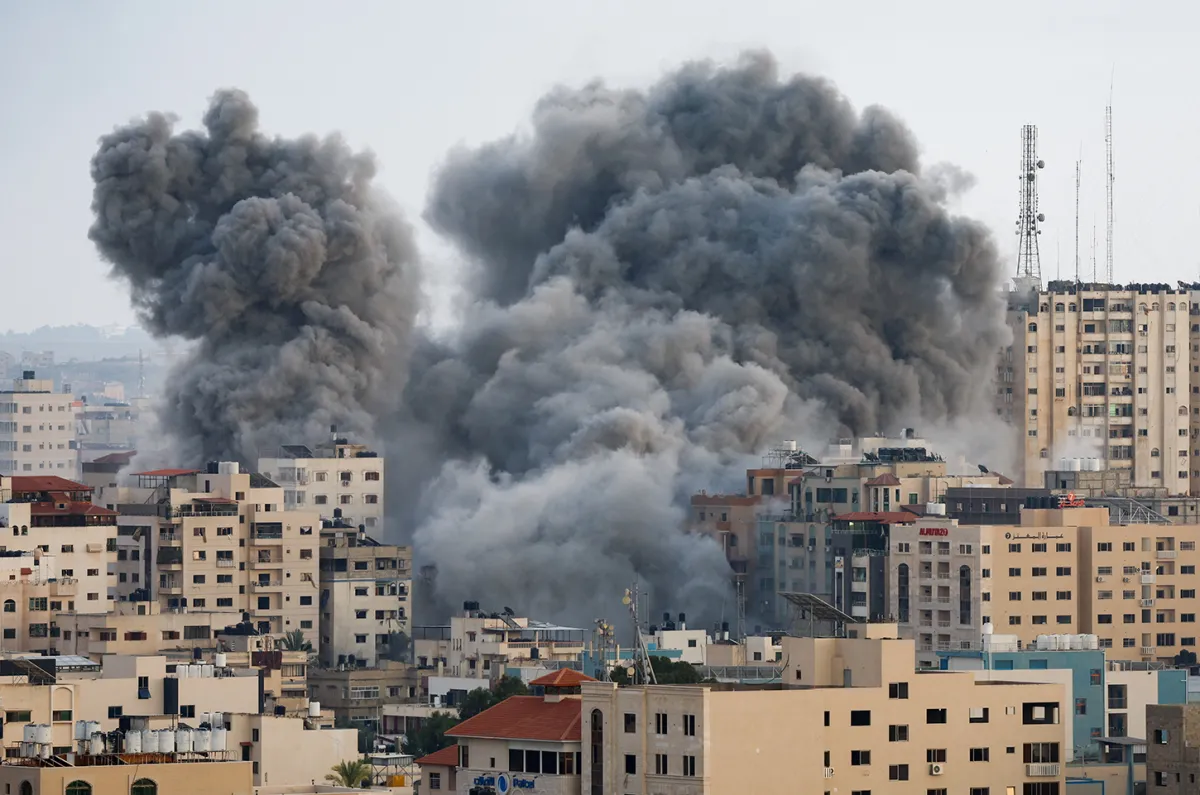Israel's Netanyahu Calls for Decisive Action in Gaza
Israeli Prime Minister Benjamin Netanyahu has called for a decisive military campaign in Gaza, rejecting partial ceasefire proposals and insisting on the total defeat of Hamas and the release of all hostages.

Israeli Prime Minister Benjamin Netanyahu has publicly declared the Gaza conflict to be entering what he calls a 'decisive stage,' doubling down on military action and rejecting recent ceasefire proposals that fall short of Israel's full demands. Netanyahu's stance comes amid ongoing international mediation efforts and mounting domestic and international scrutiny of Israel's strategy and humanitarian impact.
Netanyahu's Position and Rejection of Ceasefire Proposals
Netanyahu has made it clear that his government will only consider a comprehensive agreement that includes the release of all hostages—both living and deceased—and the disarmament of Hamas. This uncompromising position effectively demands Hamas's surrender in exchange for ending the war. Despite reports that Hamas has shown willingness to accept a partial deal, which would see the release of some hostages and a temporary truce, Netanyahu's office has categorically ruled out any phased agreements, insisting on an all-or-nothing approach. According to Israeli media, Netanyahu has cited pressure from former U.S. President Donald Trump to 'finish the war with full force,' further entrenching his hardline stance.
Military Plans and Internal Tensions
Netanyahu's resolve to 'finish the job' militarily has led to a plan to take full control of Gaza, beginning with Gaza City in the north. The Israeli Defense Forces (IDF) are preparing for intensified operations, even as some senior military officials have reportedly expressed openness to partial deals that could see at least some hostages released and a pause in fighting. This divergence has resulted in tense exchanges within Israel's leadership, highlighting internal disagreements over the best path forward. Meanwhile, reservists and segments of the Israeli public have protested against the prospect of a new offensive, underscoring the domestic strains caused by the prolonged conflict.
Humanitarian and Political Fallout
The war, now approaching its second year, has resulted in catastrophic civilian casualties and destruction in Gaza. Over 63,000 Palestinians have been killed, according to Gaza health officials, with many more wounded or displaced. International criticism of Israel's conduct has grown, with human rights organizations and foreign governments urging restraint and a negotiated settlement. However, Netanyahu's government has resisted such calls, arguing that only the total defeat of Hamas will secure lasting peace and the safe return of Israeli hostages.
The ongoing impasse reflects deep-seated mistrust between the parties and the failure of mediation efforts to bridge the gap between Israel's maximalist demands and Hamas's willingness to negotiate a phased resolution. As the conflict intensifies, the prospect of a swift or peaceful resolution remains uncertain, with both sides bracing for further escalation and the humanitarian crisis in Gaza deepening.